|
Was on the Twitter machine today, trying to catch up with all my favorite writer news that I've missed in the past week, and I saw the following questions asked of fellow YA fantasy author, Arthur Slade. (Click on the above image to find out Arthur's awesome answer to Jesse's questions. Also, be sure to give Arthur a Twitter follow and check out his books! He rocks!) Since Arthur was kind enough to open the conversation to other authors' advice, I thought it'd be fun to tackle Jesse's questions too. Oh, and also because I'm nowhere near as good/succinct as Arthur on Twitter. Let's dive in, shall we? Okay, Jesse's class, so you're trying to figure out how to start a story, right? First things first -- gotta get in your zone. This can involve anything from working out, finding your favorite song/soundtrack, etc. The point is -- find whatever it is that helps get you in the mindset to create. Me? I like to think about whatever it is I'm planning to write about while the coffee's brewing. Then, I go find a piece of instrumental music that fits the mood of my upcoming story-to-be. Your process will likely be different because every writer has their own way of hitting their groove. Doesn't matter what it is. Just find what works for you. Okay, done with step one? You're in your groove? Ready to write? Sweet. Let's roll! "The journey of a thousand miles begins with a single step." -- Lao Tzu The above quote holds true for writing too. Beginnings are hard and I find that just typing that first sentence is usually the most difficult. So what do I recommend you do if/when you're having trouble getting your story started? Don't start at the beginning. Sounds counter-intuitive, I know, but hear me out. Think about a favorite trip or vacation you went on with your family or friends. If I asked you to tell me about it, would you start with 'Well, first we packed up this, this, and this. And then we got in the car and..." No. You wouldn't...because that stuff's boring. You'd likely lead off somewhere in the middle of your trip, say maybe the destination, and then you'd hit me with the highlights and the things you enjoyed the most, right? So do that with your story. You already have an idea, scene, etc. in mind for what you want to write about. Do that first rather than worry about how it should all start. Write the part of the story that you're most excited about even if it's the ending. The point of writing the parts you're already excited about is that it gets words on the page (i.e. - visual progress) and won't leave you feeling like you haven't accomplished anything. In my school visits, I often give the example that I look at this as kinda like working a maze-- it's easier to start at the end and work your way back because you already know the way. Because when you jump to the middle or end or whatever point in your story that excites you, you can then ask yourself 'Okay, so how did my character(s) get here? What events need to happen for me to lead them to this part of the story?" I also find that you'll discover things about your character (and maybe even be taken down a new direction) when writing the scenes you already know that you want included. "But I've done all this already, Galvin!" I hear you saying. "I've written most of my story and I'm still stuck on how to figure out my opening paragraph!" Okay, try this then... Questions, questions, and more questions.... One of the things that always helps me develop my story and figure out the beginning (or back cover synopsis) is to ask myself questions that I want/hope readers will ask. I write up as many questions as I can think of...and then I go back and start answering them. I do this because questions are what pull us into the story. The key is in the subtlety.
For examples of how good authors hide questions in their work to pull us in and engage us with their stories, let's look at the beginning lines for some of my favorite popular Young Adult and Middle Grade books and see if you can spot the questions they've hidden in just those few opening lines. THE HUNGER GAMES by Suzanne Collins When I wake up, the other side of the bed is cold. My fingers stretch out, seeking Prim’s warmth but finding only the rough canvas cover of the mattress. What happened to Prim? Who is Prim? Why isn’t she there? Where is she/could she have gone? **** THE CHRONICLES OF NARNIA: THE LION, THE WITCH, AND THE WARDROBE by C.S. Lewis Once there were four children whose names were Peter, Susan, Edmund, and Lucy. This story is about something that happened to them when they were sent away from London during the war because of the air-raids. What’s the ‘something’ that happened to them? **** THE HOBBIT by J.R.R Tolkien In a hole in the ground there lived a hobbit. What’s a hobbit? Is it an animal, a creature, a person, what? Why does it live in a hole? How big of a hole? **** I try and hide questions like the opening lines of my own books as well. For example, here are the first sentences from each of my starter books: THE GRAVE OF LAINEY GRACE by Aaron Galvin “Think they’ll come tonight, Doyle?” Who’s ‘they’? Why would (or wouldn’t) they come tonight? SALEM'S VENGEANCE by Aaron Galvin My freedom comes with the moonlight. Why does her freedom come with the moonlight? Is she a prisoner? A werewolf, vampire, etc.? And, just to prove how difficult beginnings can be and how your writing will improve the more you work at it, here's the opening line from my debut novel. SALTED by Aaron Galvin Kellen Winstel strode out of the Tiber High School administration office. Not very good, huh? Why? Because there's not really any questions packed into that sentence to pull you in. Sure, I could argue it still has questions like ‘Why was he in office? Was he in trouble or not?’. I could also give you a (lame) excuse that technically, this chapter was meant to be the third in the book, but that this Kellen chapter became the opening because I screwed up with my debut novel. The original first sentence of the books was from a different character’s perspective and it was: Lenny Dolan never asked for a Salted life. And there are questions packed into that one sentence, right? Questions like: What is a Salted life/what does it entail? Why wouldn’t Lenny want a Salted life? All that to say, beginnings are tough and it's okay to know that you likely won't get it right the first time. Nobody starts off knowing how to nail the opening paragraph straight from the word go. Just keep practicing, keep writing, and asking questions until you've written the opening that would make you want to settle in and keep reading to find out the answers. Happy writing.
1 Comment
4/30/2018 06:00:32 am
Only writers will know how to start a story. But actually, everyone is capable of producing a good story, all it need is an effort to make it possible. All of us can be a writer in our own ways. All we need to do is to make an effort for that. I believe that I was not an in born writer. I just learned it and I am just so happy that I've learned it through studying. Everyone should learn the art of writing because it's going to benefit us a lot!
Reply
Leave a Reply. |
AARON GALVIN
Author. Actor. Rascal. Archives
December 2020
SELF PUBLISHING
|
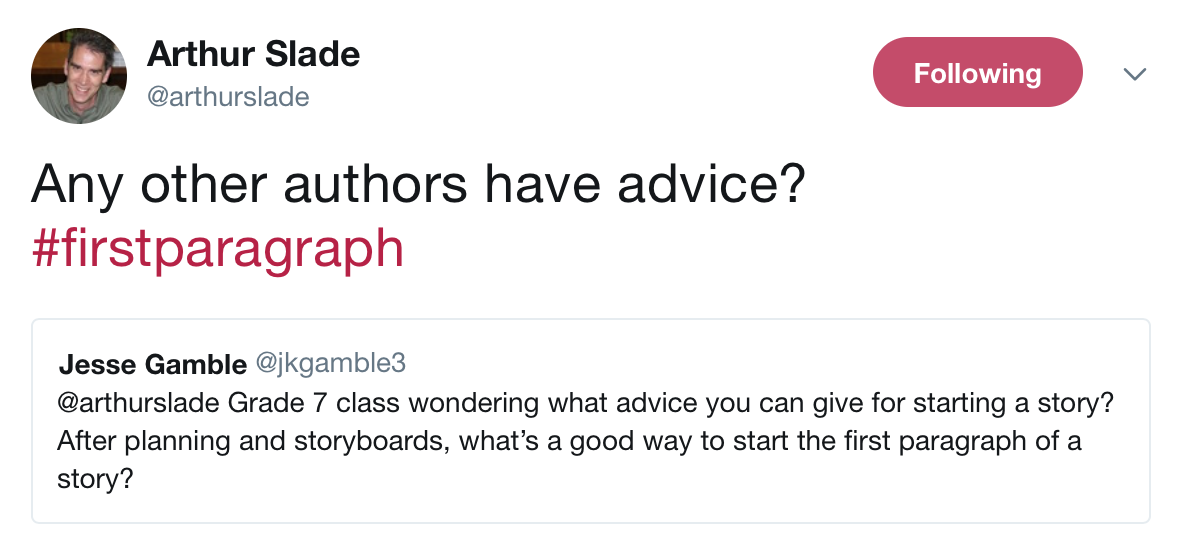
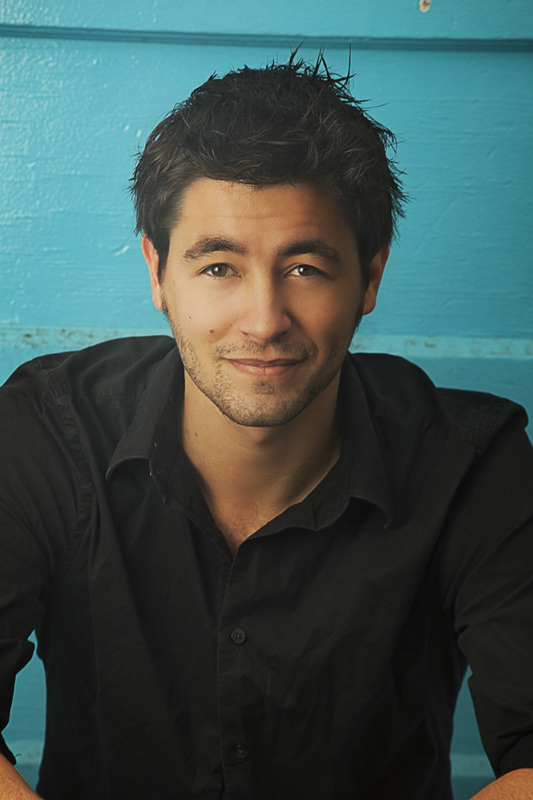



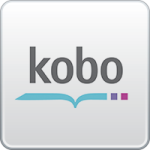

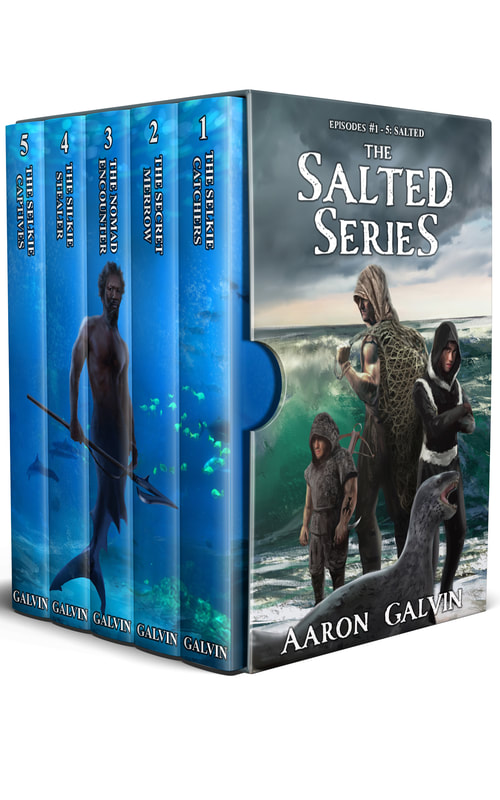
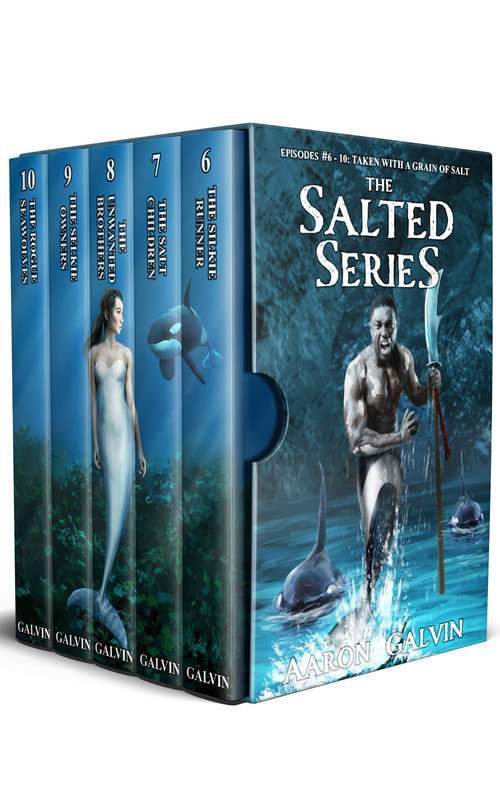
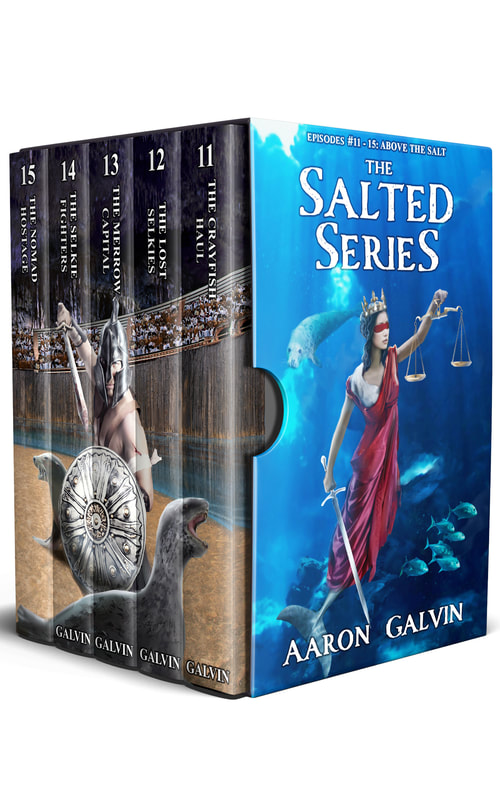

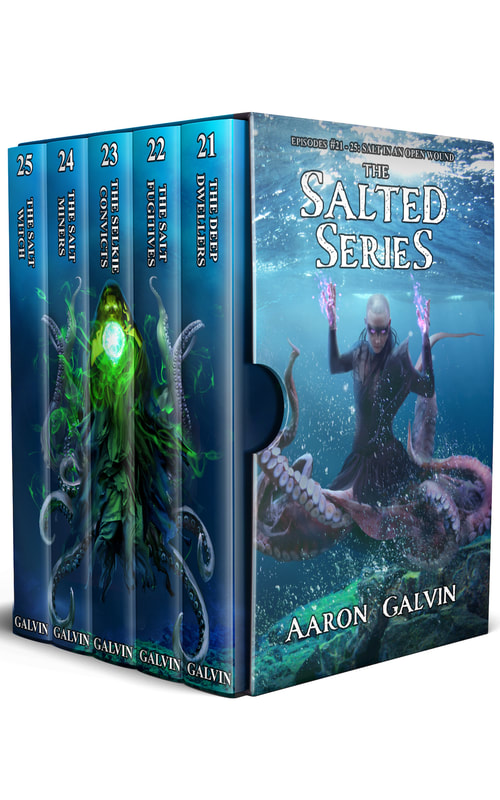
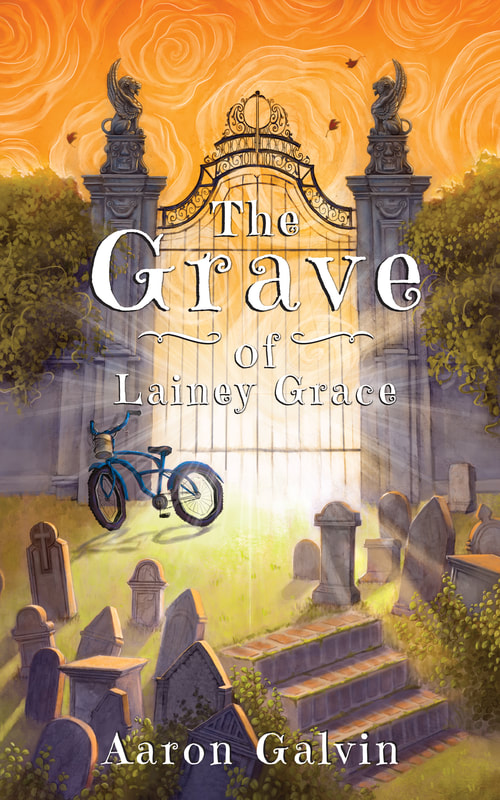
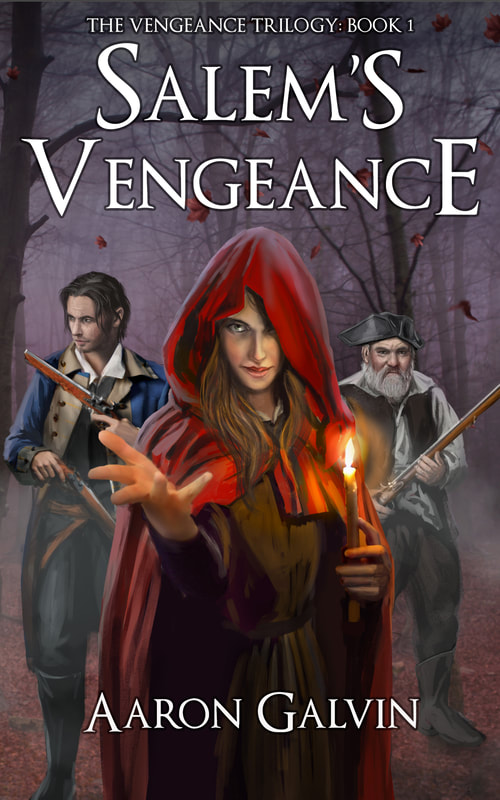
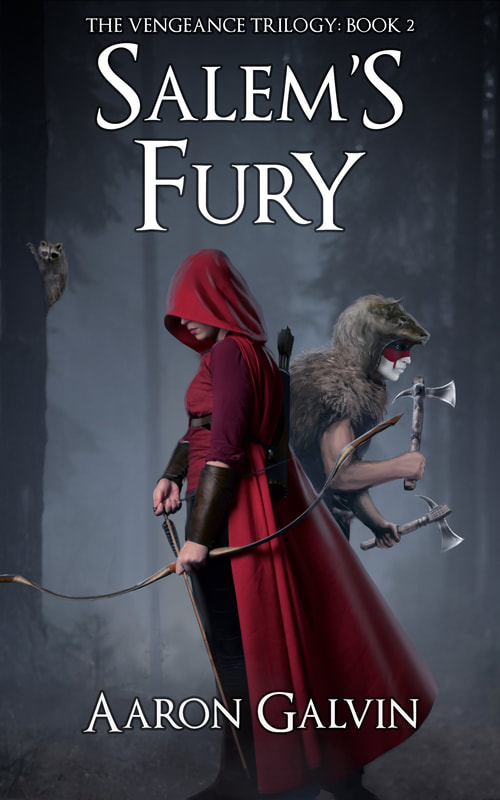
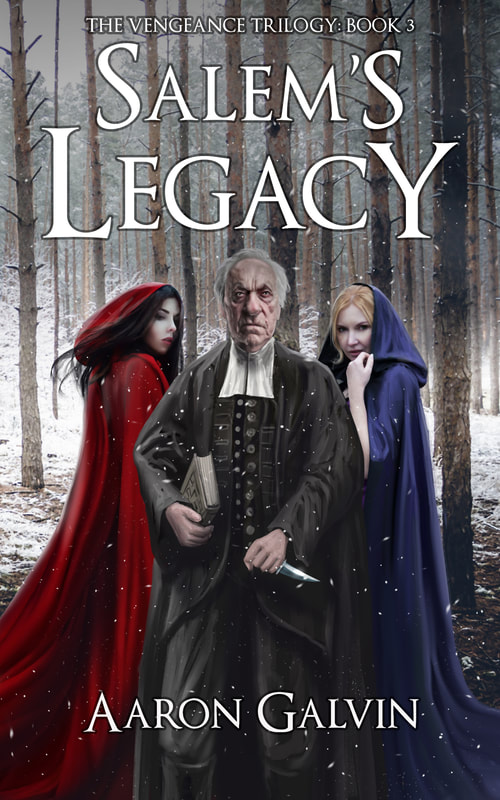
 RSS Feed
RSS Feed